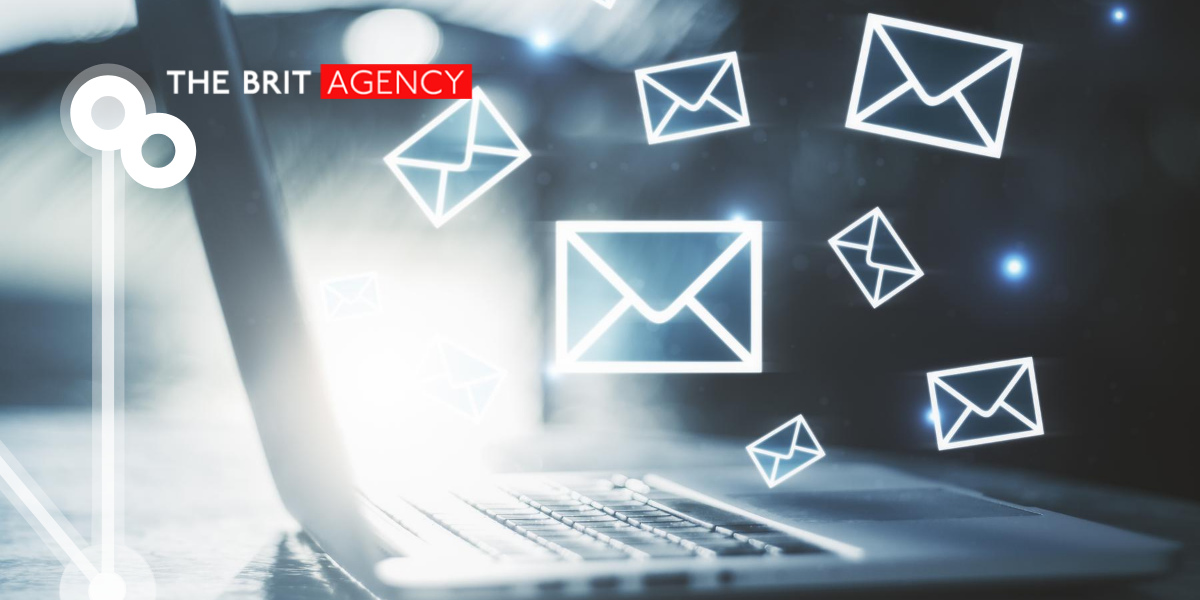Digital marketers are constantly looking for new methods to provide value to their customers, personalize the customer experience and improve engagement with their prospects.
Email marketing is an important aspect of your Inbound Marketing strategy that helps to build relationships with prospects, leads and customers. Batch emails, however, often lack personalization.
Batch emails are important, but they should be used with other email marketing techniques to further improve how you engage both prospects and existing customers. So, what other email marketing techniques should you consider?
Have you ever added items to your online shopping cart, only to venture away from the website without making the purchase? If your cart was abandoned for a while, it’s likely that you received an email reminding you about the items that you left there. This is a standard B2C ecommerce tactic that can be also used for B2B digital marketing
This is an example of a very effective email strategy - trigger-based marketing.
What is B2B trigger-based marketing?
B2B trigger marketing is an event-based marketing strategy that aims to send notifications, messages or emails to potential or actual customers at a specific moment of their customer journey.
This message is sent after a specific action is taken by a customer, such as completing a web form or downloading an ebook.
Once your customer completes a certain activity, an email or message is generated with a personalized reply to remind your customer to visit your website, view related items and a variety of other call to actions (CTAs).
The aim of a trigger-based email is to reach your client at the perfect moment to maximize the likelihood of conversion or a further action being taken.
Why are trigger-based emails important?
Scott Brinker, who hosts The Martech Show on marketing and technology, recently shared some interesting statistics on why trigger-based marketing is an important aspect of any company’s digital marketing strategy.
The findings were from a recent Blueshift report, and included:
- Email triggers are 497 percent more effective than batch emails.
- Mobile push triggers are 1,490 percent more effective than batch push notifications.
- When marketers leveraged the use of triggered emails, onboarding campaigns had a 826 percent higher click rate than batch and blast email campaigns
It was found that marketing messages that are ‘triggered’ by a prospect or customer’s actions are focused, relevant, and often engage their recipient at the right time and place. Batch emails and push notifications that are sent on the marketer’s timetable, however, saw lower click-through and conversion rates.
This doesn’t take anything away from batch emails of course. Batch emails can help your organization reach a large audience in a short period of time.
Scott Brinker notes that while the percentage of click-through and conversion is a fraction of the rates seen in response to triggered marketing emails, the absolute number can still be larger.
Your digital marketing strategy should use both batch emails and trigger-based emails to reach your prospects and customers at the right point of time in their buyers’ journey.
What are the benefits of trigger-based marketing?
We’ve talked about how trigger-based email marketing can improve your conversion and click-through rates, but the advantages do not just end there. Here are just a few ways that trigger-based emails will benefit your B2B marketing strategy:
Nurture your leads - Providing prospects with timely and valuable information will push them down the funnel and make it more likely that you convert them into customers in the future, even if they aren’t ready to make a purchase from your company just yet.
Improve the customer experience - Sending triggered emails means your company is delivering a personalized experience to its prospects and customers. Sending them useful information quickly shows them that you care about them, and that you are there to help.
Automate engagement - Setting up trigger-based emails where communication is automatically sent to your customers after they perform an event saves your marketing team time on creating repetitive emails that are personalized for specific customers.
Increased relevance - Inboxes are more crowded than ever before, and most customers delete an email after looking at the subject line. By sending a trigger-based email on a specific event gives you the ability to create highly-targeted and relevant marketing campaigns on what your prospects or customers are interested in right now, and when they are most responsive.
Want to learn more about the benefits of trigger-based email campaigns and how you can implement this strategy into your inbound marketing strategy? Contact the Brit Agency today. Our team of digital marketing experts would love to answer any questions that you may have.

